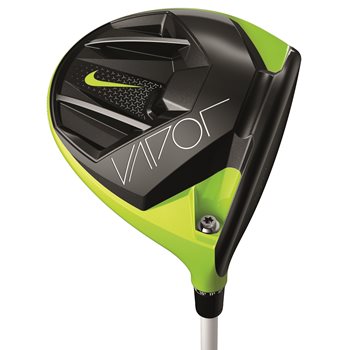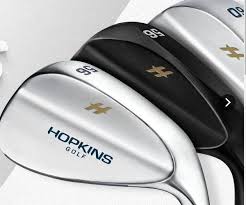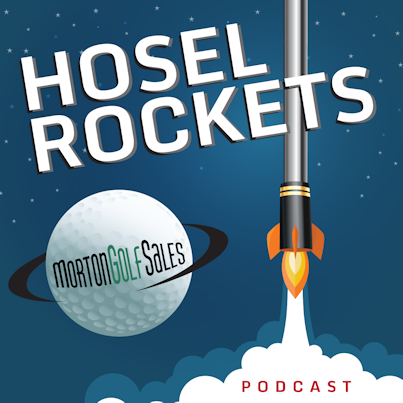3 Golf Club Companies That Left The Industry
The golf club industry is extremely competitive. Immense research and development coupled with ever-growing production costs quickly swallow profits. We estimate that for the most successful golf companies, total profit is less than 4.5% of the cost of a golf club. That is a very slim profit margin. It is no wonder many companies have come and gone throughout the years. Today we will look at four manufacturers that have left the golf club market.
Nike

We will start with probably the most famous. In the late 1990s and early 2000s, Nike was on top of the world. Nike’s main endorsed athlete, Tiger Woods, was setting the world on fire. With his help, Nike captured immense market share in the golf clothing industry. Initially just focusing on their clothing and footwear expertise, in 2002 Nike joined the golf club market. By 2004, Nike was producing game-improvement, mid-level, and professional equipment lines. In 2006, Nike led the golf club industry in tour wins. As the 2010s approached, Nike was leading the industry in driver adjustability. However, their number one player, Tiger Woods, was beginning to spiral. From outside appearances, they appeared to weather the storm of the housing crisis and the following recession. In 2013 they appeared to be looking towards the future. Rory Mcilroy was signed to an equipment endorsement deal. However, their lead in equipment adjustability had slipped. Nonetheless, it came as a shock to most golfers when they announced in 2016, they would be withdrawing from the golf club, ball, and bag industries. Nike’s success and failure compared to the rise and fall of their number one golf athlete. Perhaps with Tiger’s return to form we may see the sports behemoth take another swing at the golf club industry. In reality, Nike will most likely stick to what they are best at; clothing and footwear. Here, they still control a vast market share.
Yes!

Debuting in 1995, Yes! putters featured a unique C-Groove technology. The brainchild of Harold Swash, this technology promised straighter, more accurate putts. While the scientific validity of these claims has been hotly debated, their success is unquestionable. Yes! recorded numerous Tour wins and gained significant popularity. The brand expanded its product lines significantly. By early 2010, they had eight different models. Around this time, rumors spread that the brand had overextended their resources. Some claim Yes! was strategizing to be bought out by a large manufacturer before their debt-crippled them. Because of this, it came as little surprise to those in the industry when Yes! announced bankruptcy at the end of 2010. Nonetheless, the brand was still poised to continue. Most assumed the Yes! brand would be auctioned off to a large manufacturer and live on. Adams golf purchased the brand for $1.65 million and announced they would use the acquisition to gain traction in the putter market. The 8 models from 2010 were announced to be returning to the market. However, a year after Adam’s acquisition of Yes!, TaylorMade acquired Adams. TaylorMade already had their own putter line and was uninterested in reviving the Yes! branding. Thus, the Yes! putter brand met its demise. While unlikely, Yes! may return to the market in some form if TaylorMade ever decides to utilize its aging asset.
Hopkins

Hopkins Golf was founded in 2013. It was begun by the former CEO of Cleveland/Srixon, Greg Hopkins. His goal was to create an affordable custom wedge for consumers. His previous experience made him believe that there was a better way to make wedges. He created a brand that allowed consumers to order custom and personalized wedges and have them shipped to them in as little as a week. Hopkins Golf also gained traction on the Tour. In 2014, Hopkins released a set of irons and in 2015 they released a metalwood line. Reviews were promising and this newborn company was expanding quickly. Suddenly, at the end of 2015 Hopkins announced they had sold all of their product. There was no bankruptcy filed. Consumers were confused and retailers were unsure what was going on. Most retailers discounted the clubs and cleared what little inventory remained. Today Hopkins Golf’s website no longer exists and redirects to another company. It has never been sold and no social media page has been updated since late 2015. Obviously, this venture was not as successful as Greg Hopkins had hoped for. It seems likely the last personalized Hopkins wedge ever shipped has already happened.

